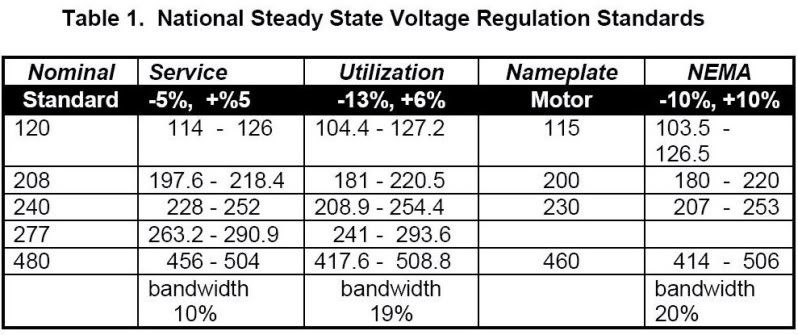If your equipment can't handle less then 2% drop, there is a problem even if you severely oversize conductors for voltage drop reasons. Oversized conductors only eliminate voltage drop due to resistance in the the segment of the circuit that is oversized. Transformers will pass on any change in delivered voltage as well.
It is still hard to guarantee there will not be voltage drop from either the presence of other loads on same service or from other utility issues, nearby customer loads causing voltage changes, etc. If you have super sensitive equipment that don't like such fluctuations you need a UPS or other conditioned power supply.
I don't know a lot about pool heaters. If a resistance electric heater voltage drop just means less heat from that heater. Now controls for the heater whether electric heat or other heat source could have some voltage sensitivity issues, but hopefully any well designed equipment can take a 2% variance with little problems.


